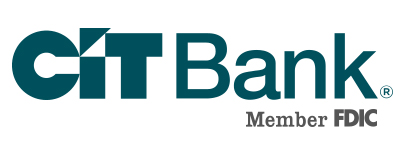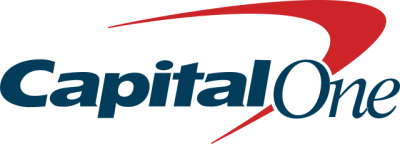Pros:
- Variety of accounts offered
- Competitive interest rate for savings
- Can open all accounts online
- Low opening amounts and no fees
Cons:
- Must become a member first
- Tiered interest rates on MMA
- High balances to earn interest
- Only one withdrawal per month for Ltd.
Pros:
- Competitive interest rates on accounts
- Savings account has a low opening minimum
- No monthly fees on saving account
- Rising CDs offer interest rate increases
Cons:
- Limited accounts offered
- Some CDs have high opening amounts
- Interest rates not fixed for savings
- Limited ways to contact customer service
Digital Federal Credit Union offers a wide variety of personal deposit accounts. These accounts include:
- Free checking with different benefit levels
- HSA checking
- Primary savings
- Money market savings
- Ltd. savings
- Holiday Savings Club
- Regular CDs with terms from 3 to 60 months
- Jumbo CDs from 3 to 60 months
- Jump-Up CDs with a 15-month and 27-month term
- QuickStart CDs from 3 to 60 months
- Loans and credit cards
- Business accounts and lending options
The Primary savings account offers competitive interest rates. For the first $1,000, you earn over a six percent interest rate. Any amount over $1,000 earns a lower rate of 0.25 percent. Between the two rates, the account earns competitive interest rates. The Primary savings account is the account you must open to become a member of DCU.
You can open all DCU accounts online. You do not need to visit a branch location to open the accounts. To open DCU accounts, you must be at least 18 years old. You must provide a government-issued ID and Social Security Number. Your address, phone number, and date of birth are also required.
The highest amount required to open a DCU checking or savings account is only $5. To earn interest for some accounts requires a larger balance. The CDs require $100 or $500, depending on the CD. Jumbo CDs require $25,000. DCU accounts do not have monthly fees or a required amount to keep in the account to avoid a fee.
To open an account with DCU, you must become a member of the credit union. You become a member by opening the Primary savings account with at least $5. Once you open that account and become a member, you can open any other DCU account.
The DCU money market account has tiered interest rates. To earn the most competitive interest rates requires a balance of at least $100,000. Lower balances earn interest, just not the highest rate.
The Ltd. savings account requires a balance of $25,000 to earn any interest. Any balance over $25,000 earns the most competitive rate, but balances below do not earn any interest.
Only one withdrawal is allowed per month from the Ltd. savings account. For every other withdrawal, there is a fee of $25. To earn interest on this account requires a balance of $25,000. There is no required amount to open the account.
The interest rates for Rising Bank accounts are competitive. The rates are competitive with other online accounts. They are much higher than typical bank rates. The rates are not tiered. Any amount above the required opening amount earns competitive interest rates.
The Rising Bank high yield savings account and the regular CDs have low opening amounts. The regular CDs are available in one, two, and three-year CDs. These CDs and the savings account each only requires $1,000 to open.
There are no monthly fees on the high yield savings account. This account is free. To earn interest, you must keep $1,000 in the account. The CDs only have a fee if you withdraw money before the CD reaches maturity.
Rising Bank offers two Rising CDs. These come in 18-month and 36-month terms. Each of these CDs requires $25,000 to open. During the CD term if interest rates increase you can increase the rate on your CD. The 18-month CD allows for one rate increase; the 36-month allows two rate increases. When you increase the rate of the CD, you can also deposit more money into the CD.
Rising Bank has limited types of accounts available. They offer a high yield savings account and CDs. The CD terms range from one year to three-year terms. There are not a wide variety of term lengths available through Rising Bank. They offer regular CDs, one jumbo CD, and two Rising CDs. Rising Bank does not offer a money market account or checking accounts. No business accounts are currently available.
The Rising CDs and the jumbo CD have high opening amounts. The Rising CD terms each require $25,000 to open. The jumbo CD has one term length, and it requires $100,000 to open the account. You must keep these amounts in the CDs to earn interest.
The interest rates for the Rising Bank high yield savings account are not fixed. Rising Bank may change the rate you earn on your account at any time. The bank does not have to notify you if the rates change. Interest credits to your account every month for the savings account and every three months for CDs. If you close your accounts before interest credits, you will not receive the earned interest.
Rising Bank offers limited ways to contact customer service. Reach a representative through phone, mail, or email. They are open Monday through Friday. The Rising Bank website says their customer service representatives offer personalized help. The ways to contact someone are limited though.


